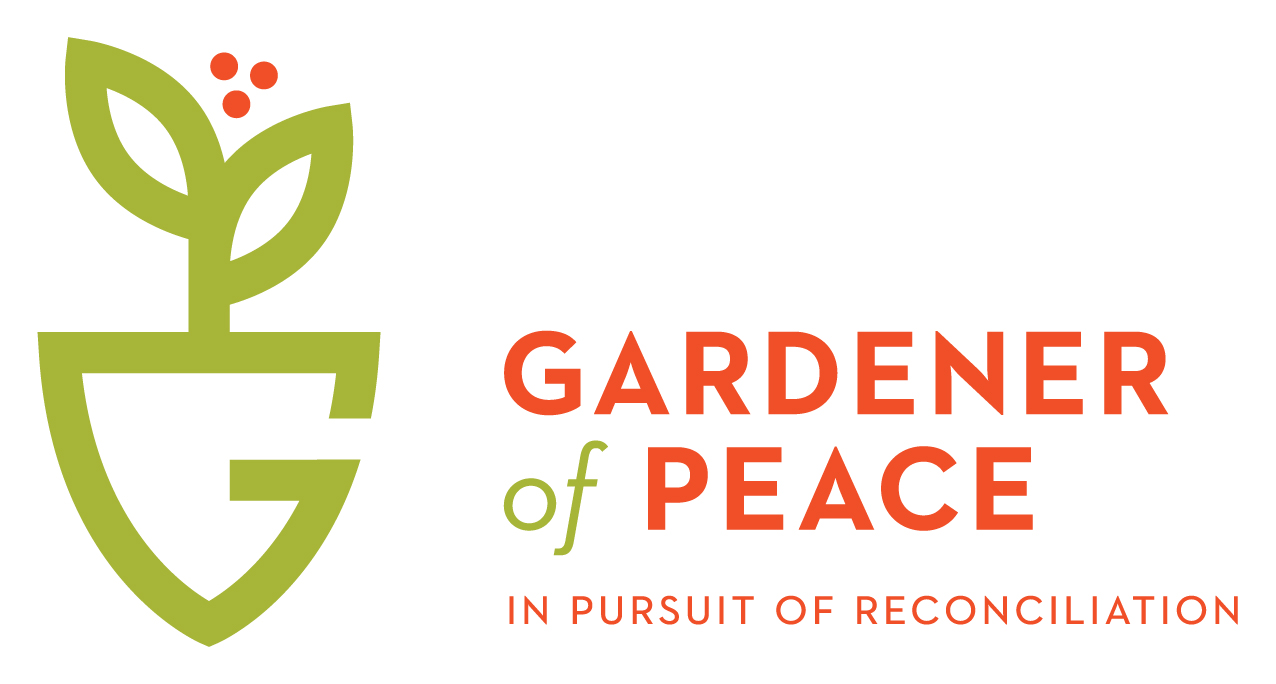resources
Below are a few resources that may broaden our collective experience and understanding of "Reconciliation". We welcome your suggestions and contributions to this page. Please submit your thoughts and recommended links via our "CONTACT" page.
undivided nation
We exist to serve as a catalyst for reconciliation and unity across America.
Undivided Nation’s purpose is to serve as a catalyst for reconciliation and unity in America. It was founded with the hope that America is ready to explore the opinions that have driven us apart, and find the points of connection that link our lives and stories together.
This January, our family is leaving the comforts of home to set out on a 50-state road trip to meet Americans from every corner of the country and every walk of life. We are trading in the traditional American dream for a radically new one; selling our home, quitting our jobs, and taking our family of five on an RV for a year.
RECONCILIATION
Stanford Encyclopedia of Philosophy
(Note: This article provides an extensive overview of the many social, interpersonal, religious and political perspectives on the concept of reconciliation)
"Among the things commonly described as reconciled are ideas, narratives, persons, groups, and God. To reconcile theories with one another is to render them mutually consistent. To reconcile yourself to the fact that you have cancer is to live better with the belief that you do. Reconciliation of the divine-human relationship is linked in the Christian tradition to the notion of salvation. This essay concentrates on the uses to which the concept of reconciliation has been put in the treatment of moral and political issues that arise in the aftermath of wrongdoing and conflict between persons and groups.
The term ‘reconciliation’ is used to refer either to a process or to an outcome or goal. Reconciliation, as an outcome, is an improvement in the relations among…"
FORGIVE FOR GOOD
Effects of Group Forgiveness Intervention on Perceived Stress, State and Trait, Anger, Symptoms of Stress, Self-Reported Health and Forgiveness (Stanford Forgiveness Project)
"To date there are a handful of successful forgiveness intervention studies. This is the first study to attempt a forgiveness intervention with a large number of participants and that recruited a large cohort of men. This randomized study of 259 adults compared effects…"
GREATER GOOD
The science of a meaningful life
This is the website of Fred Luskin, Ph.D., is the director of the Stanford University Forgiveness Projects, a senior consultant in health promotion at Stanford University, and a professor at the Institute for Transpersonal Psychology, as well as an affiliate faculty member of the Greater Good Science Center. He is the author of Forgive for Good: A Proven Prescription for Health and Happiness
SEEK THE PEACE
"Seek The Peace, Inc. (SEEK) was founded in October of 2008–originally under the name Free City International – by Jason and Tess Clarke. The Organization was created to meet the needs of refugees being resettled to the Dallas, TX area. In regard to the number of refugees resettled by city, Dallas ranks fifth with…"
Twenty years after the genocide in Rwanda, reconciliation still happens, one encounter at a time.
Last month, the photographer Pieter Hugo went to southern Rwanda, two decades after nearly a million people were killed during the country’s genocide, and captured a series of unlikely, almost unthinkable tableaus. In one, a woman rests her hand on the shoulder of the man who killed her father and brothers. In another, a woman poses with a casually reclining man who looted her property and whose father helped murder her husband and children. In many of these photos….
All That We Share
As "All That We Share" opens, Danes file quietly onto a soundstage, stepping into outlined areas on the floor — areas meant to define them. "The High Earners" versus "Those Just Getting By." "Those We Trust" versus "Those We Try To Avoid." Lifelong Danes, versus those new to Denmark. Divisions you will find not just in Denmark, but in any country on Earth.
A man begins to ask questions:
- "Who in this room was the class clown?"
- "Who are stepparents?"
- "How many of you love to dance?"
Quickly, the "Us versus Them" narrative falls apart. People begin to step out of the boxes that often define (and restrict) them.
This Video is a powerful reminder that the labels others put on us, that we use to describe (limit?) ourselves do not have to define us. If we look below the surface, we can find common ground with those we perceive as most different to ourselves.


